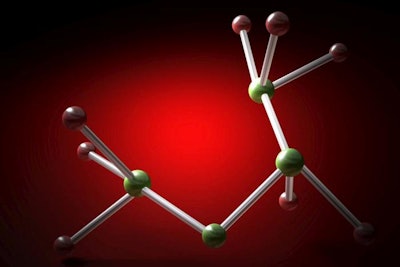
When we discuss gut health in monogastric animals, we focus almost invariably on controlling bacteria, either reducing pathogenic populations or supporting beneficial ones. And, this is right, because gut bacteria play a major role interacting with the host organism. But that is not the end of gut health discussion. We keep forgetting the issue of inflammation.
Inflammation may be caused by bacterial toxins, any gut-specific disease not always related to some pathogenic bacteria, and most frequently by feed antigens. Soybeans and other protein-rich ingredients are a prime example. These legumes contain such a plethora of anti-nutritional factors that it is almost impossible not to cause at least a mild form of inflammation, especially when consumed at high levels. Starvation, intentional or not, is also known to cause a form of inflammation.
But what is wrong with inflammation? First, it diverts metabolism from growth and productive purposes to fighting the problem by a myriad of mechanisms that consume energy and nutrients. That is, it is counter-productive for farm animals. Second, an inflamed gut epithelium suffers from loose junctions between the enteric cells. This allows toxins and bacteria to enter the blood stream causing increased damage. Finally, inflammation damages gut cells, the ones specifically responsible for nutrient digestion and absorption. In every word, inflammation is undesirable.
It is important to keep in mind that gut health is not just additives.
As it happens, there is a vigorous attempt by some additive companies to identify such biomolecules, most of a natural background, with strong anti-inflammatory activity. If these efforts succeed, we will have a very strong tool in controlling gut health beyond the usual additives. Of course, some existing additives also have some anti-inflammatory activity, but again all these are still work in progress.
It is important to keep in mind that gut health is not just additives, as we have discussed many times over, whereas even in additives, there is more to it than bacterial control. Inflammation is a new frontier, whereas oxidative stress remains an obscure and undervalued area, but this is a totally different story.















